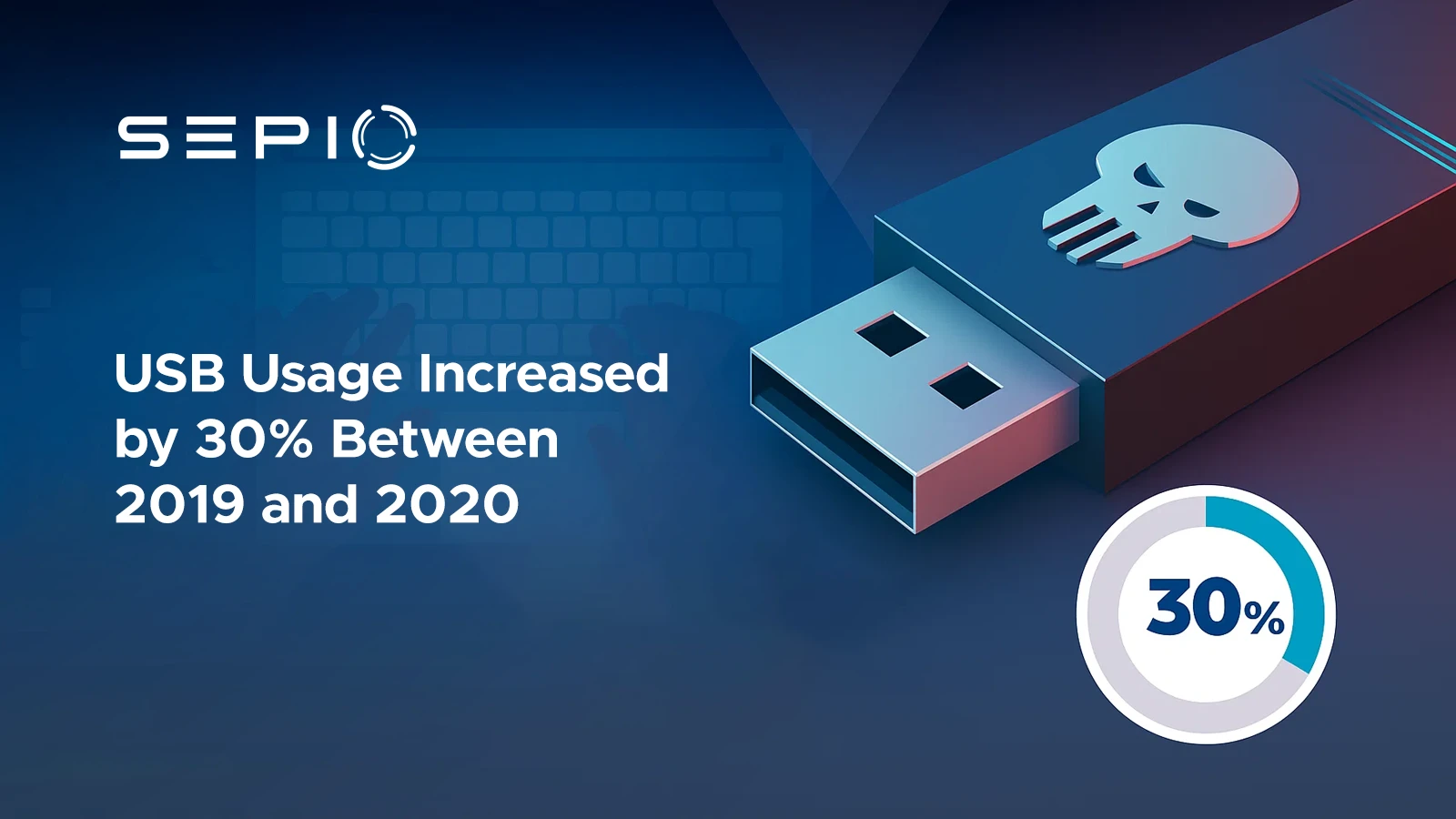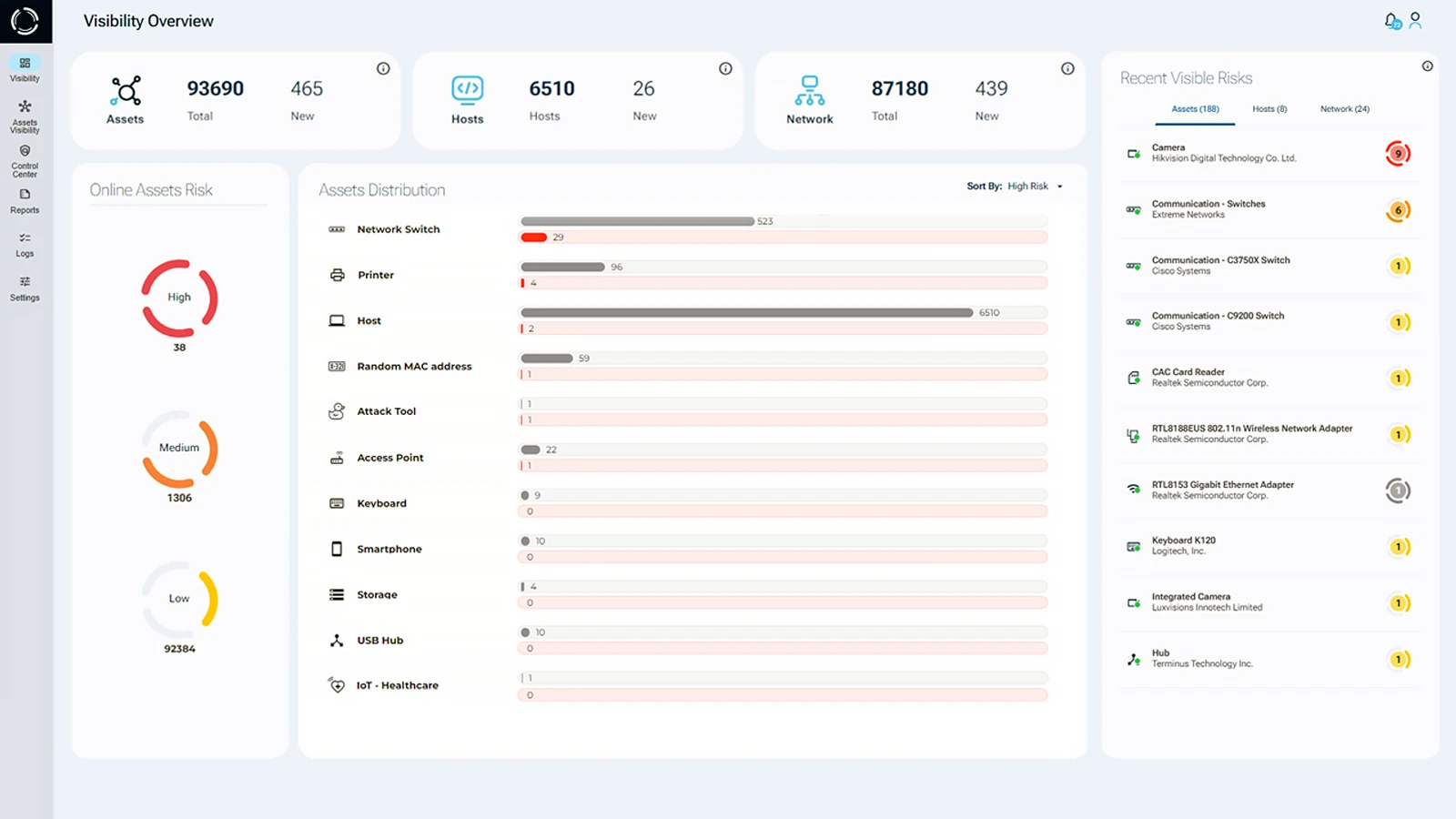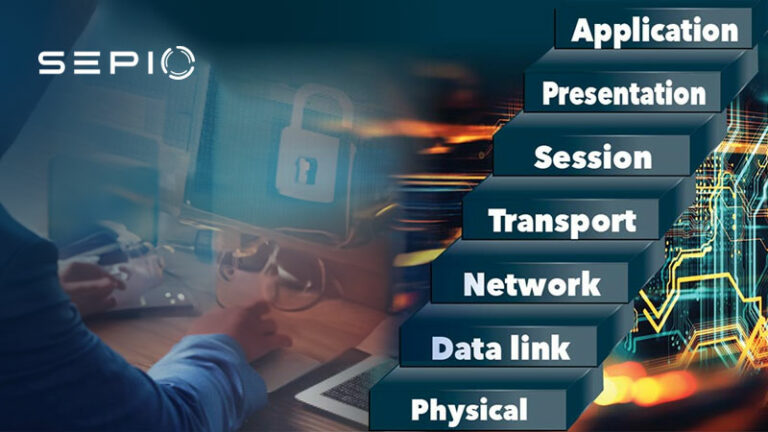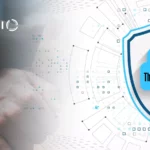Cybersecurity Awareness
Cybersecurity awareness is essential in today’s digital world, where individuals and organizations are constantly faced with growing cyber threats. It involves understanding the risks, adopting best practices, and safeguarding sensitive data from potential breaches. Cyber security training for employees is crucial for helping staff recognize and respond to threats. This type of cyber awareness empowers individuals to detect and mitigate suspicious activities before they escalate.
Cybersecurity Awareness Month
October marks Cybersecurity Awareness Month, a time to focus on best practices for staying safe online. This year’s theme for the first week is “Be Cyber Smart.” At Sepio, a leader in hardware cybersecurity, we want to share critical tips to help you avoid hardware-based attacks. These attacks, which are often underreported, represent a significant and growing threat. According to Honeywell’s 2021 USB Threat Report, 37% of cyber threats in 2020 were designed to exploit USB devices, nearly double the previous year.
Hardware security vulnerabilities, particularly at the physical layer, allow cybercriminals to use manipulated USBs and rogue devices to bypass air-gapped networks and carry out harmful actions like malware injection and data theft. As cybercriminals escalate their hardware attack tactics, following these cybersecurity awareness tips will help you stay cyber smart.
IoT Cybersecurity Awareness
In today’s digital landscape, the conditions for hardware-based attacks are ideal. Honeywell’s research found that USB usage was up 30% between 2019 and 2020, thus increasing organizations’ vulnerability. Further, our reliance on technology means we are using more devices than ever, each one acting as an access point for malicious actors. The Internet of Things (IoT) devices are especially valuable entry points due to their accessibility. The fast-growing teleworking trend has enabled hardware-based attacks as employees operate from less secure locations. Remote work has also lessened enterprise control over the devices their employees use, thereby increasing the risk.
Existing cybersecurity solutions often lack the necessary physical layer visibility to detect rogue devices. This is why cybersecurity awareness is essential, employees must be trained to identify and report suspicious devices. The following tips will help prevent hardware-based attacks and boost your cybersecurity posture.

Be Cyber Smart: Tips for Enhancing Cybersecurity Awareness
Don’t Take What isn’t Yours
It’s tempting to use a found USB device or charger, but never do it. A seemingly harmless device, like a misplaced iPhone charger, might be a spoofing device used in an Evil Maid attack, where attackers covertly plant a rogue device to gain access to an organization’s network. Never use unknown devices, it’s safer to wait for your own charger than risk exposing sensitive data. Incident response teams should be prepared to handle such scenarios through cyber security training for employees and reinforcing cybersecurity awareness protocols
Avoid Public Charging Stations
Similarly, one should not connect to public charging kiosks. These stations are very accessible, meaning not only are they used by hundreds of people a day (all of whom are potential targets), but they are highly susceptible to physical manipulation. Such attacks are known as “juice jacking”, and federal agencies, both in Europe and the United States, have issued alerts warning about the dangers of public charging kiosks. In a juice jacking attack, the perpetrator conceals a rogue device within the docking station that provides access to the data on the device getting charged. This underscores the need for cybersecurity awareness when using public devices and chargers. Intrusion detection systems can help identify such rogue devices.
Be Aware of Stranger Danger
Hardware-based attacks often rely on physical access and manipulation of devices. Attackers engage in social engineering to gain access to their targets, sometimes in public spaces like cafes or airports. The charger offered by a kind stranger or the free USB giveaway might not be as innocent as it seems. Stay cautious—nothing is truly free in cybersecurity. This is where cybersecurity awareness becomes key—training your employees and colleagues to recognize these social engineering tactics can prevent costly breaches. Hackers often use these tactics to gain unauthorized access.
Buy Devices Directly from Trusted Sources
When purchasing electronic devices or accessories, such as chargers or keyboards, ensure you’re buying directly from reputable sources. E-commerce sites may offer counterfeit or rogue devices that pose serious cybersecurity risks. Even if a product looks genuine, it may be tampered with, allowing attackers to gain access to your system. To ensure you are getting a trusted product, always buy directly from the manufacturer or an authorized reseller. This reflects the importance of cybersecurity awareness in protecting yourself from counterfeit devices that could compromise your security.
Cybersecurity Awareness & Hardware Risk Management
Strengthening cybersecurity awareness is essential in today’s threat landscape, especially as hardware-based attacks grow more common. Ongoing employee training and IoT cyber awareness help organizations stay vigilant against both physical and digital threats.
Sepio enhances asset visibility by leveraging physical layer data to uncover hidden hardware risks. Its Asset DNA technology provides objective profiling for all asset types, IT, OT, IoT, and peripherals, offering trusted, behavioral-independent insights into Cyber-Physical Systems (CPS).

Through automated risk scoring, Sepio enables teams to prioritize threats, close compliance gaps, and respond in real time. Its granular policy controls and automated mitigation capabilities ensure fast, hands-free enforcement via integrations with existing security tools.
Together, these capabilities empower organizations to reduce hardware risk and strengthen their overall cybersecurity posture.
Ready to Enhance Your Hardware Cybersecurity?
Don’t wait until a threat occurs, take proactive steps today. Schedule a demo to see how Sepio’s hardware-based security solutions can protect your organization from evolving cyber threats. Our expert team will walk you through the features and benefits of our system tailored to your needs. Stay cyber smart and embrace cybersecurity awareness to safeguard your future. Security experts can provide valuable insights into improving your cybersecurity posture.






